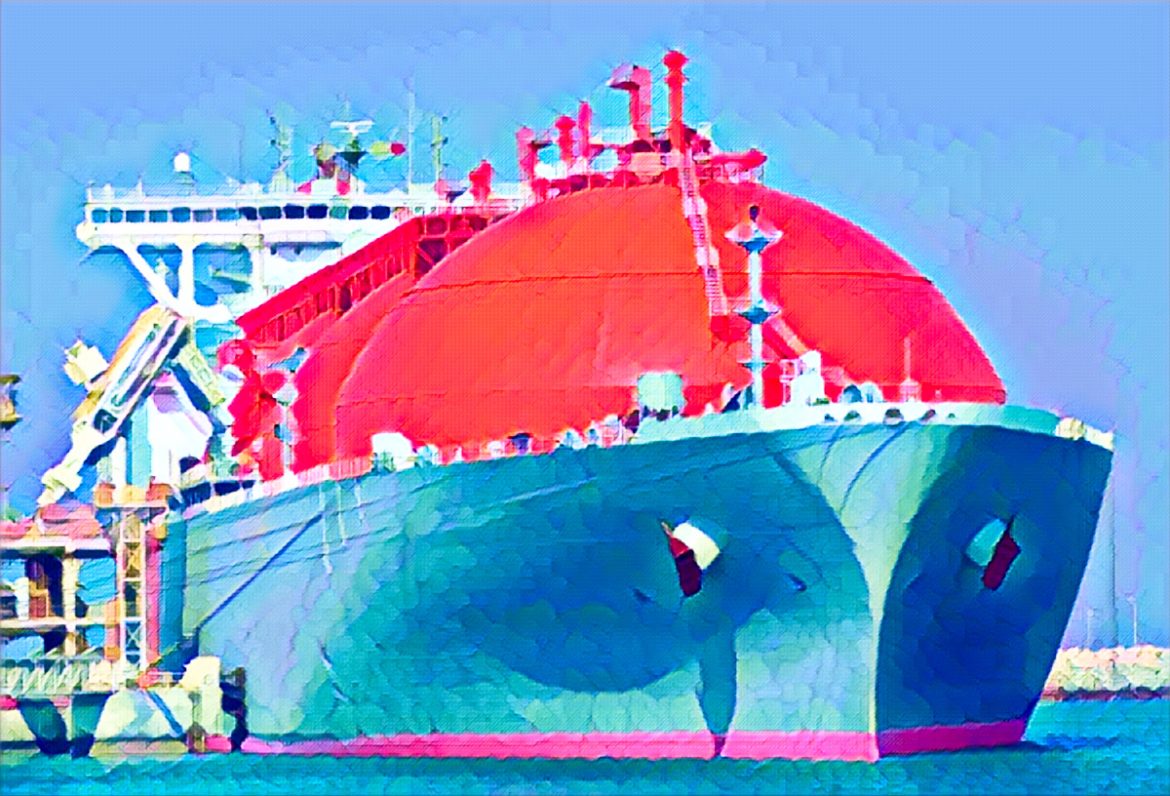KEY POINTS
- Continuing petrol imports are blamed by experts on deregulation and refinery constraints.
- Nigeria’s import burden is also increased by the fact that modular refineries do not have petrol refining capacity.
- The high cost of operations and Forex challenges prevent new investments in local refineries.
While efforts are made to boost domestic production, Nigeria has been unable to wean itself off petrol imports because of deregulation, limited modular refining capacity, funding constraints and currency problems.
Policy changes under deregulation have resulted in an environment where operators also source the petrol from both the domestic as well as international markets, making it even more difficult to meet the demands of the local market, industry experts said.
Nigeria relies on petrol imports because of policy and market factors
The current policy of deregulation is making it possible for companies, including Matrix Energy, NIPCo and A.A. Ranno to import petrol to supply the gaps in domestic supply.
The deregulation provides flexibility and openness for imports, PETROAN said. The chairman of PETROAN, Joseph Ehimen, said retail outlets are being weighed down with operational costs and in the last five months since the removal of fuel subsidy, they have not been able to purchase enough petrol for distribution.
But the experts also noted, that the foreign exchange rate has also pushed the landing cost to N956.13 per liter due to depreciation of the Naira against the U.S. dollar. As a result, there have been huge cost hikes, transactional data shows pump prices could exceed N1,000 per liter.
Modular refineries and investment hurdles
However, modular refineries, expected to relieve import pressure, are unable to refine petrol. Edo Refinery and Petrochemical Company and Duport Midstream which are both modular refineries only produce diesel and kerosene, said energy analyst Dr. Bala Zakka.
Refining these capacities to make petrol would take time and large investment and pile onto the country’s long term import dependence. Nigeria’s refinery sector faces foreign exchange scarcity in addition to limited financing options.
Attracting funds for fossil fuel projects still remains difficult, especially when the world is in line with renewable energy, an anonymous investment banker said.
Local refinery projects further face efforts to fund them by the Central Bank’s currency constraints, slowing down Nigeria’s self sufficiency dreams.
Nigerian government and industry leaders urge consumers to consider alternatives, for example, the use of Compressed Natural Gas (CNG) to cut dependence on petrol.
However companies are encouraged to adopt practices that primarily serve customers, are safe, and efficient, as deregulation reshapes the market.
According to Vanguard, It’s a rocky transition, but the change might be crucial in bringing Nigeria a long way to energy stability.’


